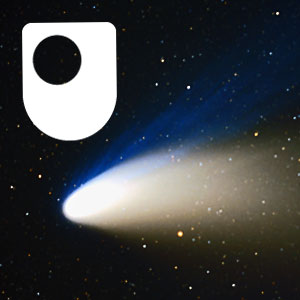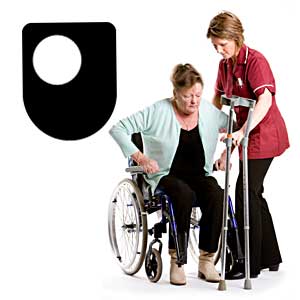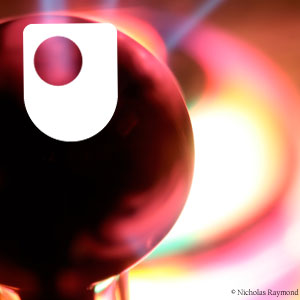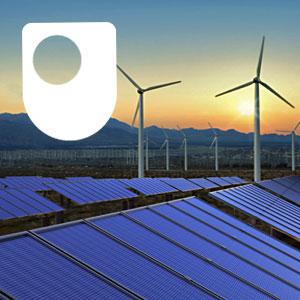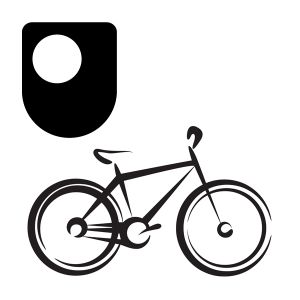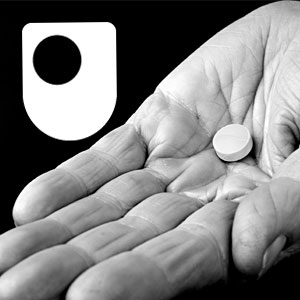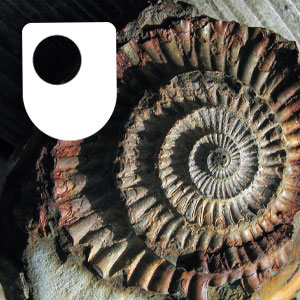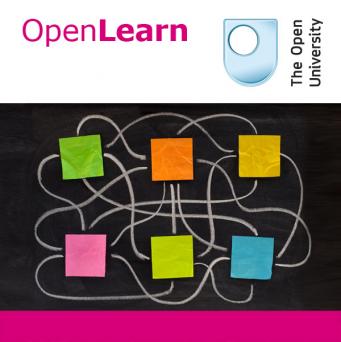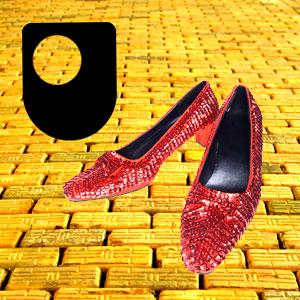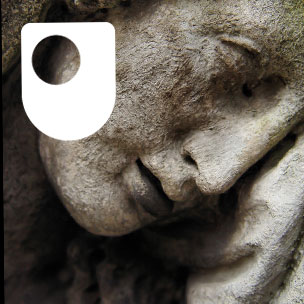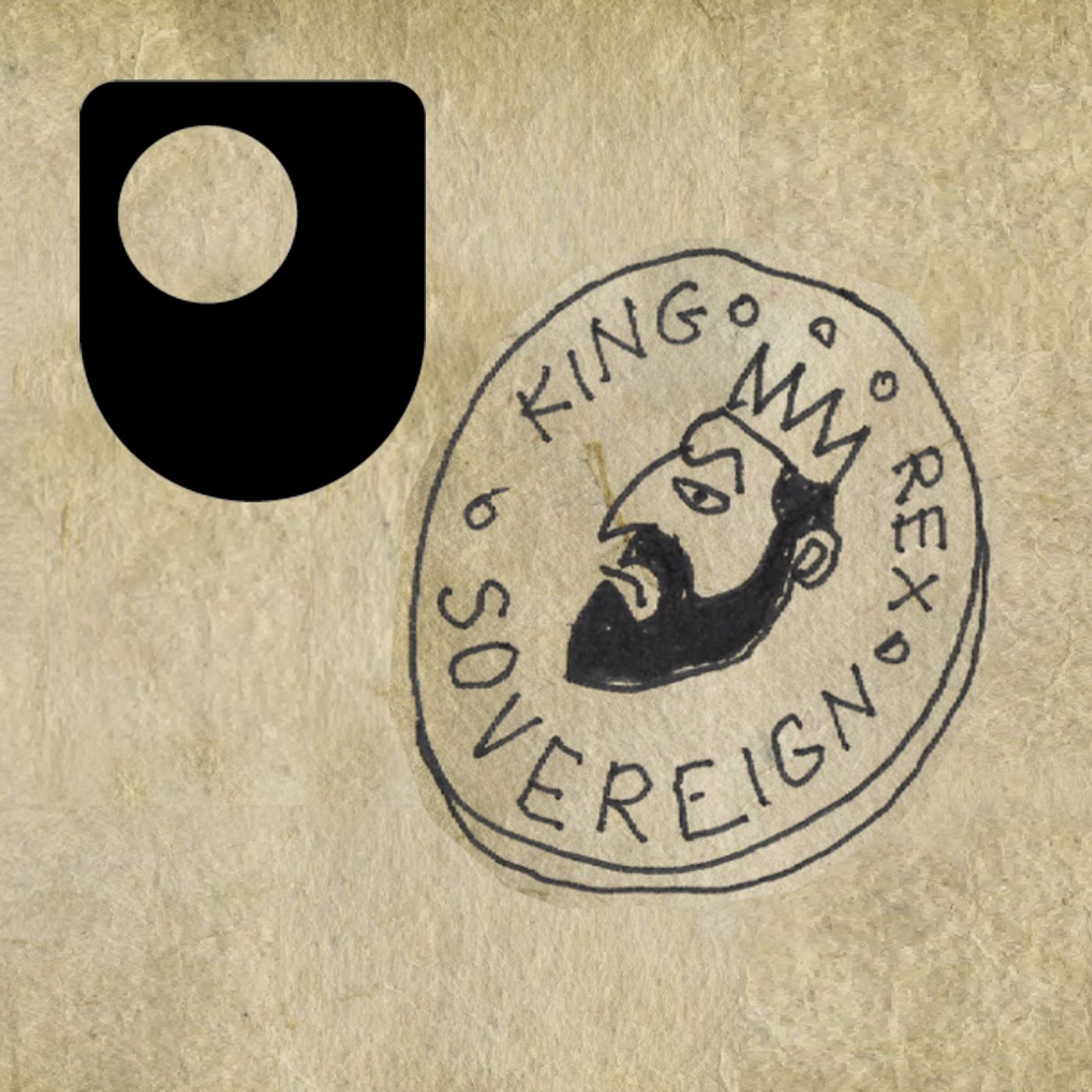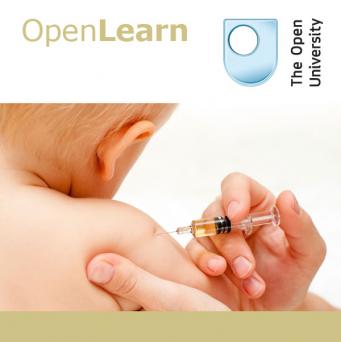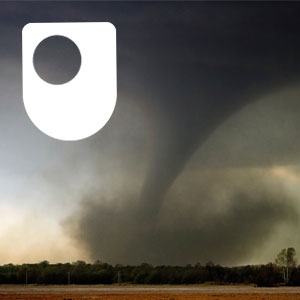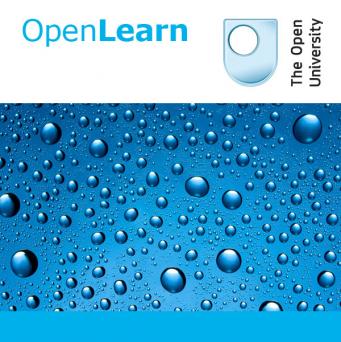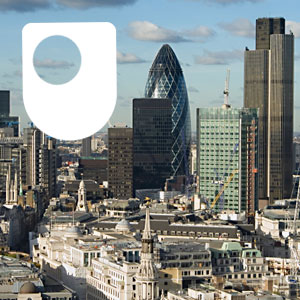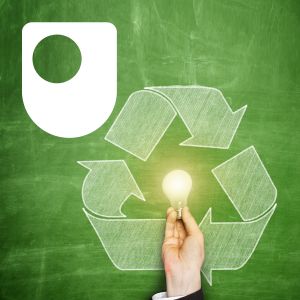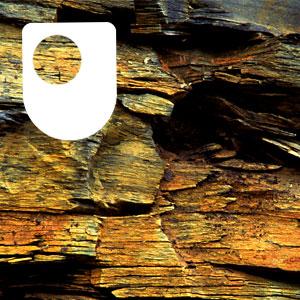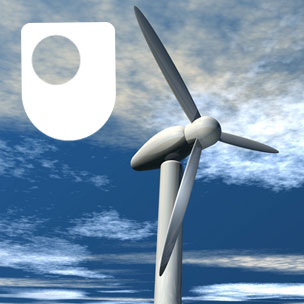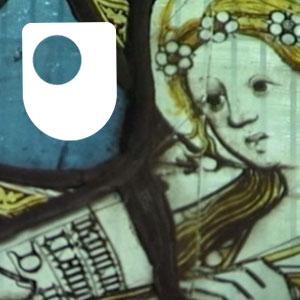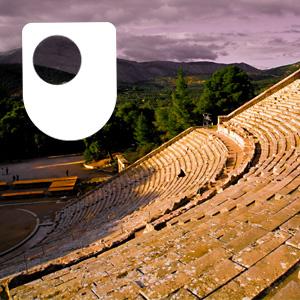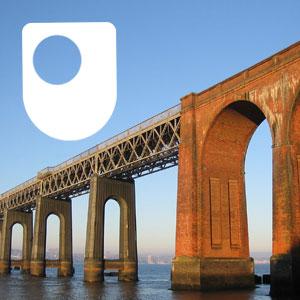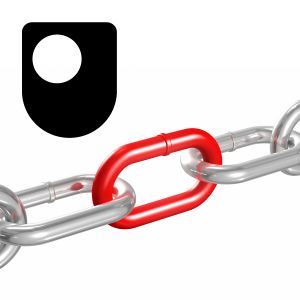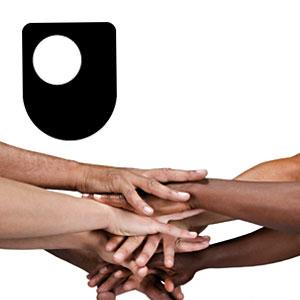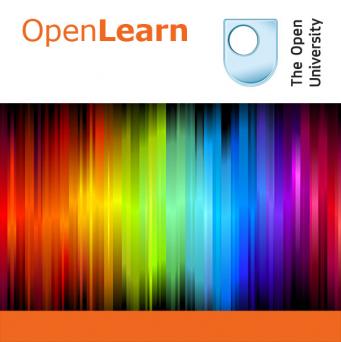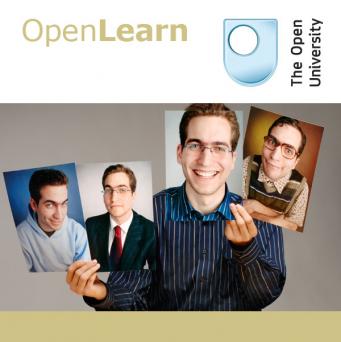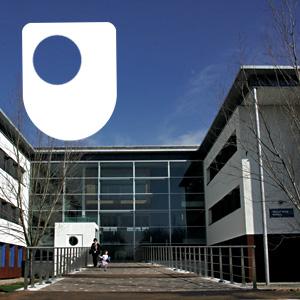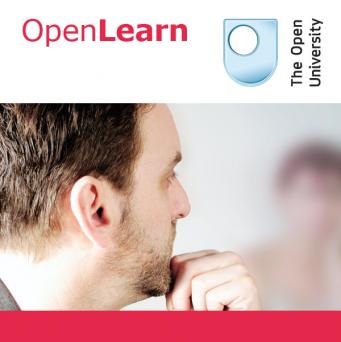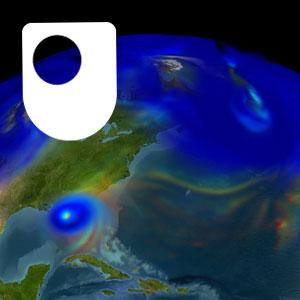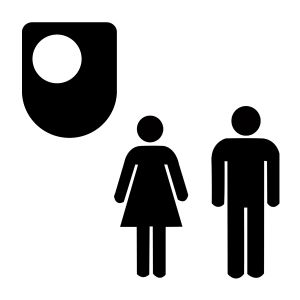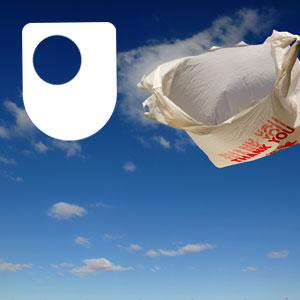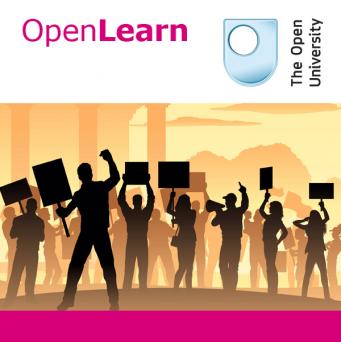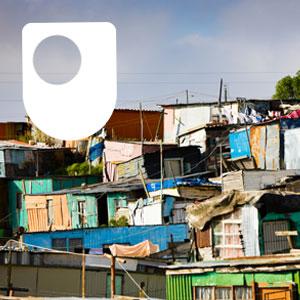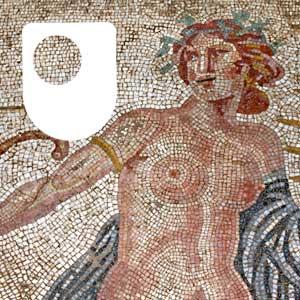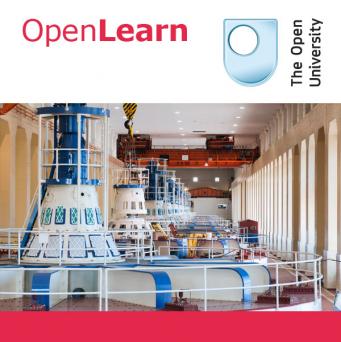The Open University
Our planet is at the centre of a cosmic shooting gallery. This album examines the evidence for and effect of asteroid impacts and meteor explosions on Earth. The 6 video tracks assess the environmental effects caused by bolides of different sizes and trajectories. How do scientists detect that a...
Traumatic injury causes millions of deaths and disabilities globally. How does the body react to tissue damage and what are the psychological effects of injury? The six video tracks in this album present a range of powerful and moving case studies and show how access to emergency and longer-term...
From robot surgery to nation-wide hunts for stripy snails via Michael Faraday, The Open University's new podcast series caters to all tastes.
Take-Away Science is about anything and everything interesting in science.
Featuring interviews with practising scientists at the cutting edge of...
As the world responds to climate change, we explore whether sustainable energy can satisfy our need for endless economic growth, without radical changes in the way we live. This album examines power sources which provide cleaner alternatives to fossil fuels, such as wind power, biomass, hydro...
The Design Behind the Bike Series explores the effect of science and technology on cycling and explores how the development in technology has changed bike design and build over the last 100 years. The series of five films explores the development of technology, components, materials and...
What is type 1 diabetes? How do people with diabetes manage their symptoms? Type 1 diabetes occurs when insulin producing cells are destroyed, and the body can no longer produce the insulin needed to control sugar levels in the blood. It can develop at any age, but most commonly emerges in...
Mental health service users often feel - and often are - disempowered from taking control of their own destiny. The video tracks on this album tell the story of people who have been confined to the psychiatric wing of a large Northern hospital. Scripted and acted by mental health service...
This event took place on 21st October 2008 and was hosted by Hermione Cockburn, presenter of the brand-new OU/BBC series Fossil Detectives. Hermione, who has also presented Coast and Rough Science, talks about the making of Fossil Detectives and other OU/BBC series, the extraordinary fossils...
There is increasing recognition that the reductionist mindset that is currently dominating society, rooted in unlimited economic growth unperceptive to its social and environmental impact, cannot resolve the converging environmental, social and economic crises we now face. The primary aim of this...
Maths in movies has often been used creatively as a method by which to engage students in formulas and numerical theory. The 1939 classic The Wizard of Oz features a maze of potential mathematical problems – not least the Scarecrow’s incorrect pronunciation of Pythagoras’ theorem. Presented by...
Why study religion? An understanding of the world’s religious traditions is crucial in helping us to appreciate not just the varied forms of belief and practice that we encounter at home, abroad and in the media, but also the influence that religion has on world affairs. This course offers an...
Sir Isaac Newton observed that he could track the movement of the stars but not the madness of men. This fast paced album looks at the history and causes of economic bubbles and focuses on the highs and lows of the dot.com boom of the early 2000s. How do we spot a bubble emerging? Why do we buy...
Where did money come from? How did people trade before inventing money? Was it a masterstroke or madness (or both) to let banks create money?
Today money is generally accepted as payment for goods and services or repayment of debt. But governments still fret about whether there's too much (or...
In 1961 the Suicide Act made suicide legal in England and Wales but it remained a criminal offence to assist or encourage someone else to commit suicide. In 2010, following a successful legal battle by multiple sclerosis sufferer Debbie Purdy, new guidelines were published on assisted suicide to...
A decade ago, the possibility of a link between the MMR vaccine and autism hit the media. Fear of the vaccine spread rapidly and, despite an almost unanimous consensus that the claim was unfounded, still persists today. In this unit, we’ll examine why this controversy took on such a life of its...
This innovative album introduces one of the biggest, and most complex, of today’s environmental problems – climate change. It features the hard-hitting, "Who Will Pay", selected as a finalist in an international film competition on "Vulnerability Exposed: The Social Dimensions of Climate Change"...
Water is arguably the most important physical resource as it is the one that is essential to human survival. Understanding the global water cycle and how we use water is essential to planning a sustainable source of water for the future. In the UK there are areas where water supplies are limited,...
The popular American TV series "Buffy the Vampire Slayer" spanned seven seasons and gained a cult following. But how is it linked to the culture of ancient Greece and Rome? On closer inspection, its characters and narratives are revealed to be new incarnations of ancient classical myths that have...
At the beginning of the 21st century, more than half the world’s population live in cities. Issues about governance, intensification of social relationships, the impact of globalisation, and the way green spaces are utilised become ever more pressing concerns. The tracks on this album explore...
What are the key issues for sustainable resource management? How do companies operate while maintaining corporate social responsibility? From understanding the need for sustainability, and environmental auditing to learning how organisations integrate health and safety policy. This...
Most people throw coal on the fire and put petrol in their cars without really thinking about it. But, looking at sediment deposits can reveal what type of environments created our coal and oil hundreds of millions of years ago. The five video tracks in this album examine the role of geology in...
Would you give up a successful broadcasting career to become a teacher? What are the challenges facing modern teachers? Becoming a teacher requires learning a variety of skills, from reflective learning to mentoring, and in this series we follow two student teachers currently on the Open...
We hear much about eureka moments that launched exciting new businesses. But what happens after taking that bold step to become your own boss? Juggling family and work demands, running businesses from home, the role of friends and family members, lifestyle, resource acquisition, and the...
When you switch on a light or turn the heating on in your home, do you think about where that power has come from? In most of the world, we’re still burning harmful fossil fuels to create energy. However, throughout Europe a growing number of householders have decided to put the environment...
Everything we wear, every product we use, every building we see is a design defined by a certain shape. The Design with Vision project illustrates how eye tracking technology can be combined with shape generation software to create a radically new type of computer aided design. As you sketch...
The world of the early modern period (C10th - C16th) was one of religious obsession, power struggles and plunder. But it was also a world of stunning artistic endeavour. This collection shows how, encoded in the art and architecture of the time, you can find stories of political machinations,...
The phrase "human trafficking" conjures up shocking images of modern slavery, abuse and victims. But are people who have been trafficked necessarily asking for protection? Rather than helping, is the language and terminology surrounding this very serious issue just part of the problem?
What was it like to go to the theatre nearly 2500 years ago? Greek theatre has survived through the ages as a powerful and influential art form. This album introduces what early Greek theatres looked like and the kind of audience they attracted. Using the Theatre of Dionysus as a starting point,...
Who are we? What shapes us into the people we are? Over the last 50 years advances in society and technology has meant that we can be whoever we want to be. Infertile couples have the chance of conceiving a child; a man can become a woman; if an organ fails, you can get a new one. But is it all...
What do you imagine when you think of a leader? Is the customary vision of the powerful politician or business leader still entirely relevant today? In these recent times of massive political and economic upheaval, it appears that society’s faith in its traditional leaders is at its lowest ebb:...
What can we learn from the way business is done in Asian cultures? The dominant management philosophy in the Asia-Pacific region is a Chinese one, emphasising Confucian values, the family and respect for authority. Does the enduring success of this approach have important lessons for us in the...
Open University researcher Jeff Johnson talks of the importance of the Science of Complex Systems as a means to unravel real-world, complex problems that cannot be tackled by conventional reductive methods. Using Bird Flu as an example he demonstrates how complex systems thinking allows...
The Kinzua rail viaduct, in Pennsylvania, collapsed when it was hit by a tornado in 2003. First built in 1882 and redesigned 1900, it was at one time the highest bridge in the world. The two video tracks in this album tell the story of the Kinzua catastrophe. The subsequent forensic...
How can the unconscious mind influence management styles? Is rational thinking a pre-requisite for good ideas? The human brain is an incredibly complex machine which constantly processes vast amounts of data many of us are oblivious to as we go about our lives, but can the information contained...
Family life is constantly being scrutinised, but debates seem to sidestep the question of what ‘family’ really means. The Open University's Megan Doolittle joins four leading academics from the field of sociology to tackle the issues head on. They look at how families communicate and behave, and...
Ever wanted to understand the key themes driving over five hundred years of European history? In this album, architecture reveals the social, religious and economic fortunes of some of the most influential people between 1400 and 1900. By the end of the 19th century Queen Victoria presided over...
James Clerk Maxwell (1831-1879) is arguably the father of electromagnetism, and unarguably one of the greatest physicists ever. Einstein called Maxwell's equations 'the most important event in physics since Newton's time, not only because of their wealth of content, but also because they form a...
This unit examines life stories. It looks at the way in which objects, trends, cultures or disabilities may contribute to a person's identity. This unit also considers the contribution that our own life stories make to who we are, and how remembering and revisiting our past may help us to move...
The Open University transforms lives. Millions have realised or expanded their potential through flexible education programmes allowing them to study whenever and wherever they choose. From short courses to degree–level study, the quality of The Open University’s teaching programmes and tutors is...
This series of tracks looks at social work practice around the world and compares attitudes and management techniques within the social work field. Material is taken from The Open University Course K315 Critical social work practice.
What does ‘attention’ mean to you? This unit will help you to examine how we ‘pay attention’. How do we manage to single out sounds and images that require attention and how easy is it to distract someone and why? This study unit is just one of many that can be found on LearningSpace, part of...
How can numerical models help us to understand our planet? How do we make sure they represent reality? This album introduces ongoing work to model the entire planet's ecosystems, simulating the complex physical, chemical and biological interactions taking place between every living organism and...
How can the drawing of images aid communication? How can they help us in business, in our everyday and personal lives? Rich Pictures is a term used to describe a means of communicating, expressing and discussing complex ideas though images. Although the term is primarily used in a modern business...
Have you ever thought about how far the contents of your supermarket basket have travelled to get to you, how this impacts on our planet’s systems? It's no secret that climate change is caused by our over-dependence on fossil fuels...so what can we do about it? This is an album with a...
If you've ever been involved in campaigning for change, you probably know that getting the desired result is much harder than it seems. Moreover, the decision to campaign on a particular issue can expose tensions and cracks within an organisation itself. This unit explores effective approaches to...
The legacy of apartheid in South Africa left people in urban townships and rural areas without access to basic communication technology that defines the digital age. Today, the latest mobile phone technology has changed everything. To reach the poorest communities, the government has had to...
How can we read an image to tell us more about its ancient maker? In this album a mosaic artist, Catherine Parkinson, visits the splendidly-preserved ancient Roman mosaics at Brading Villa on the Isle of Wight. With the help of two archaeologists she discovers that the iconography reveals...
This series of tracks looks at Health and Fitness centres and how they are run as well as providing an insight into the training of future elite athletes in Britain. Material is taken from The Open University course E112 Introduction to sport, fitness and management.
What does a dialysis machine do? How do people who suffer from renal failure balance their everyday life with being treated for the medical condition? End-stage renal failure is a long term condition in which the kidneys lose their ability to filter toxins and waste products from the blood. It...
Hydroelectric energy is ultimately solar energy converted through evaporation of water, movement of air masses and precipitation to gravitational potential energy and then to the kinetic energy of water flowing down a slope. That energy was harnessed for centuries through the use of water wheels...
